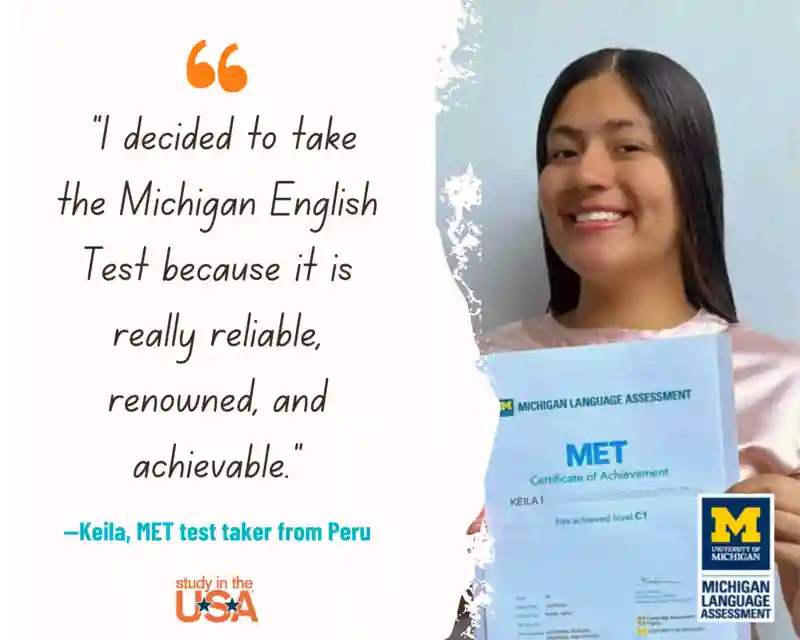What Type of Jobs Should You Expect to Get Hired for Right after Graduation

Students go to college so that they can gain knowledge and learn about the world. But the truth of the situation is that most students go to college so that they can better get a job or get a higher paying job. Some sources even consider a bachelor’s degree to be the new high school diploma — without it, you will not get very far on the job market.
So let’s say you do the hard work, and you graduate. What is next? What kind of jobs will you be eligible for? Read on to learn what type of jobs you should expect to get hired for right after graduation!
Internship
If you were one of the lucky few who could afford to enjoy your college experience and focus on your schoolwork without having to hold a job down, then you might need to start off with an internship. Internships can be incredibly useful, despite the bad rap that some get (and those are usually due to abuses in the field).
BalanceCareers.com wrote, “There isn’t a better way to learn valuable skills related to your major and the workplace in general. Regardless of whether or not your internship is directly related to your future career, it will give you the opportunity to develop workplace skills prospective employers will find invaluable.”
Even if you have held a job, if you have not held a job in your career field, an internship might be useful to help you network, get a hang of the industry, and make sure that what you thought you wanted to do is really what you want to be doing.
Doing an internship can also help you to strengthen your resume or help you land a coveted job in your career field. Especially if you are trying to get into a competitive career industry, even if you feel ready, an internship might be the best way to get your foot in the door. It helps give you related experience, and if someone you work with or the company you worked for really likes you, they might hire you or lead you to an open position, which is in everyone’s best interest (but especially yours).
Entry-Level
For other newly graduated students, an entry-level position may be an achievable goal as well. You may be wondering what an entry-level position entails. WayUp describes an entry-level position as such: “Entry-level jobs are jobs that require minimal professional work experience and open the door to larger, work-related opportunities. These positions generally mean that the employer is looking for a young professional who has some prior experience… under their belt, but not necessarily someone who has any full-time experience.”
If you have held down jobs while you are in school, in or out of your job field, that is a great start in the right direction. If you have held jobs in your career field already, then you may be ready for a full-time, entry-level position within the industry too. If you have held internships during your time in school too, then you may already be ready for an entry-level position once you graduate.
An entry-level position is usually pretty basic. It is a beginner’s job, so you probably will not be doing exactly the job you always dreamed of nor will you be making the money you might want to (or might earn at your peak). However, the position will help you get started in your career field and allow you to work your way up.
After all, if Rome was not built in a day, then neither can your career be built so immediately. Allow yourself time to learn, grow, and flourish in your chosen industry and learn the business from the bottom to the top.
Intermediate
Some people can really hustle. Some people did internships, held jobs, did internships or held jobs in their career field especially, and when they graduate, they are already rock stars. They do not need to start in an entry-level position — they are ready for an intermediate position. These are the kinds of newly graduated students that have held full-time jobs in the past. They are not newbies to the field. They already have quite a bit of professional experience. They might have even landed their job before graduating or might be receiving a promotion contingent on their promotion.
These kinds of graduating students are rare but lucky, and they usually made it there through grit and hard work.
Every individual’s path is different based on their experiences, their skills, their personality, and even what job or career field they are interested in. There is no one right way to reach success after graduation. But as long as you stay committed, you’ll find the right job for you!
Danielle Wirsansky
Danielle Wirsansky graduated from Florida State University and since 2015 has written for Uloop.com, Online Marketplace for College Life.
Get matched to the best program for you
Let us know what you're looking for so we can find the best school for you.
Useful Articles
Проверьте эти учебные заведения




University of North Georgia
Typical cost per Year: $15,000—$20,000

Portland Community College
Typical cost per Year: $10,000 — $15,000

Glendale Community College
Typical cost per Year: $5,000—$10,000
Start your U.S. adventure with Study in the USA

Learn About U.S. education financing, housing, and more
Resources
Learn about American culture and education direct from our experts at Study in the USA. Read more












